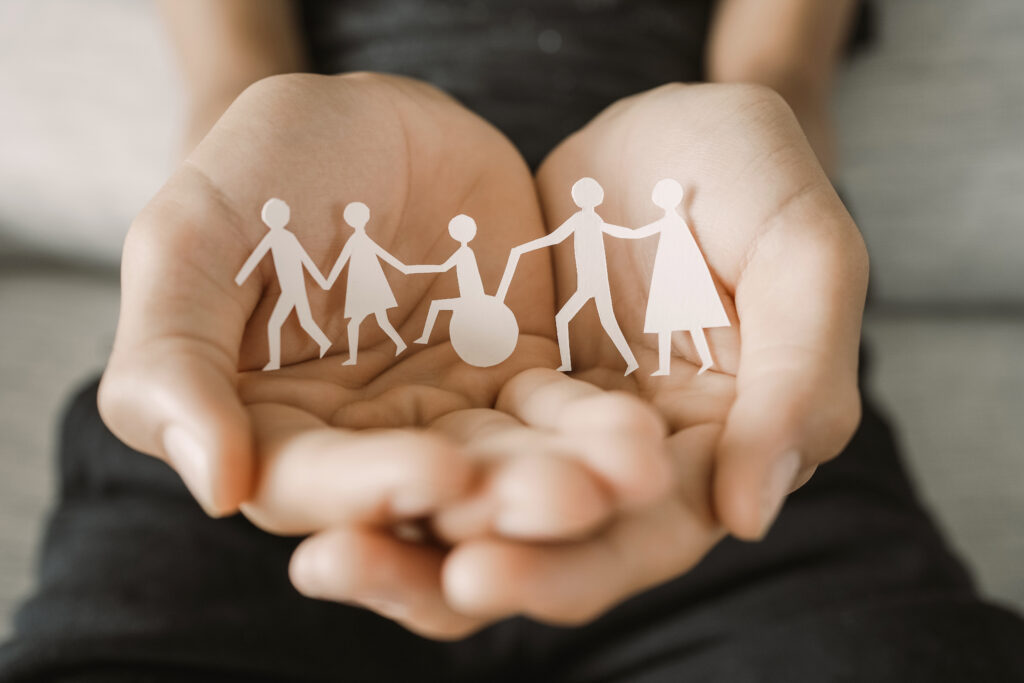When planning for the future of a person with a disability, people often think of documents, accounts, and benefits. But a more human dimension, often overlooked, is nevertheless essential: the personal network. This circle of lasting relationships can sometimes be more decisive than any assistance program or financial strategy.

What is a personal network?
It is a group of chosen individuals who revolve around the person with a disability. It includes friends, family members, neighbors, former colleagues, or everyday allies who, without being professionals, choose to get involved in the person’s life. This network is not just a contact list: it is a concrete web of solidarity.
What is its purpose?
A personal network helps break isolation, creates a sense of security and belonging, and offers emotional as well as practical support (accompanying someone to an appointment, supervising during a move, simply being regularly present). In times of crisis or the unexpected, this network can become a faster and more humane intervention force than any institution.
How to build it?
- Start by observing: Who is already there, quietly present?
- Invite: An informal meeting, a meal, or a conversation may be enough to spark engagement.
- Structure: Some families choose to create a support circle that meets periodically to discuss the needs and projects of the person concerned.
- Recognize: Value the people who get involved, remind them of their importance. A word, a thank you, a place in decision-making.
An inspiring testimony
Manon, mother of Julien, built a personal network around her son starting with a simple question asked to a friend: “What if you were part of the circle watching over him?” Over time, this circle grew. Today, eight people share news, discuss major directions, and, above all, make a collective commitment visible. Julien does not depend on a single caregiver, but on a community.
And when there is no one?
Sometimes isolation or poverty has eroded relationships. In these cases, building a network takes more time and support. Some community initiatives, such as caregiver support groups, mentoring organizations, or volunteer companions, can serve as a starting point. Most people don’t believe it, but it’s important to take the initiative and ask, because many people are willing to contribute.
A strategy for the future
The personal network is not a magic solution. But it is a powerful antidote to isolation and anxiety about the future. By thinking about it today, you lay the foundations for a more supportive future. At Finandicap, we believe that no one should face life alone and that building a personal network is an act of trust in others, but also in the future.
